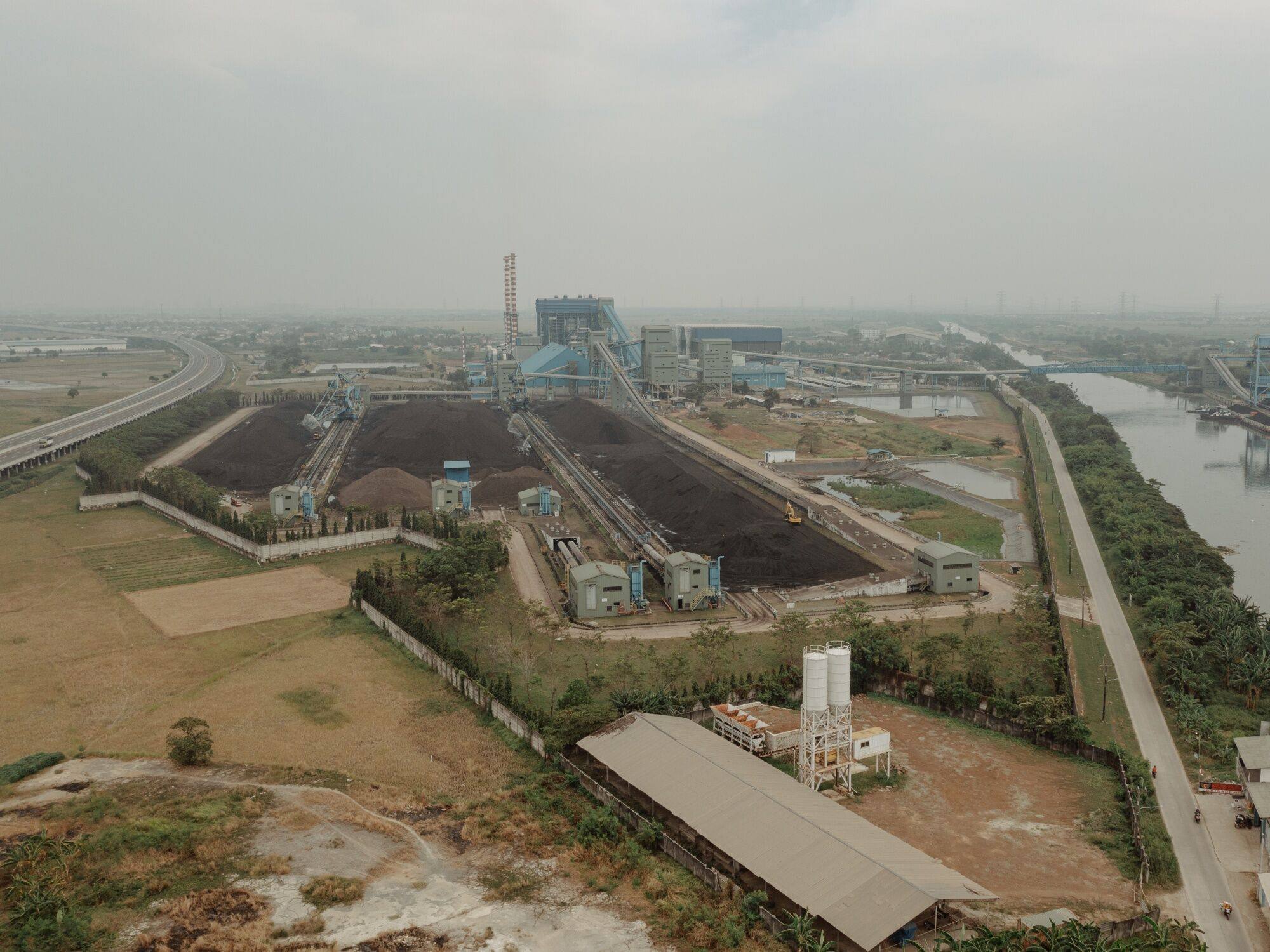Jobs
Indonesia has 10 million Gen Z, but ‘not enough jobs’ to round

“Some of my friends who did not get job placements right out of university are also struggling … now we will have to compete for jobs with the [new students] who graduate this year.”
Ferdy is one of at least 10 million Gen Z Indonesians – born between 1997 and 2012 – who are unemployed and not enrolled in any formal education or training programmes, according to a recently released report by Statistics Indonesia (BPS).
The report also found that unemployment among those aged 20 to 24 had been on the rise in recent years, climbing from 12.86 per cent in 2015 to 17.02 per cent in 2022.
This figure is significantly higher than the country’s average unemployment rate, which in February 2023 stood at 5.45 per cent, meaning that unemployment is particularly high for the younger age bracket.
Experts have cautioned that having so many young Indonesians being in a state of limbo – where they are not working or studying – could lead to demographic challenges and an unemployment crisis in the coming years.
According to Dewa Wisana, a demographer at the University of Indonesia, the country is currently experiencing a demographic dividend, with more than 70 per cent of its population in the 15-64 “prime working age” group.
In March, Indonesian President Joko Widodo said the government was determined to capitalise on this dividend.
“I have said it many times that our country Indonesia has a big opportunity, a big potential to be an advanced country when we reach the peak of demographic bonus in 2045,” he said.
Jakarta is hoping to reach the status of a developed country in the next two decades, under its “Golden Indonesia 2045” vision, and the government is counting on young people to drive economic growth.

However, experts warn that despite the economic opportunities offered by Indonesia’s current demographic landscape, job creation has not kept pace with the growing working-age population, contributing to this high rate of youth unemployment.
“There are currently not enough jobs being provided to young people,” Dewa said. “The data shows that the job search duration for those who are graduating from university level has also increased, and requires at least nine months, or almost a year.
“So you have more and more qualified students competing for fewer jobs,” he said.
As a result, Indonesia runs the risk of having higher unemployment rates for skilled and educated workers in the next few years, he added. In the long term, the government may face pressure to provide more social assistance to this group, amid concerns about whether Indonesia has the financial capacity to do so.
The BPS report found more than half of the 10 million Gen Z who are unemployed and not enrolled in school were from urban areas.
The data also shows that 5.72 million are female, and 4.16 million are male. Experts say this is because pre-existing societal norms in the country mean it is more common for younger women to not pursue formal employment and instead take on household responsibilities.
Yulia Putri, from Bekasi, told This Week in Asia that she had hoped to pursue higher education and become a nurse, but her family needed her to support their catering business.
“Maybe I can go back to school later,” the 21-year-old said, adding that she also helped take care of her three younger siblings.

Experts cite multiple factors contributing to the lack of job opportunities for young people in Indonesia, including the Covid-19 pandemic leading to a growing shift towards more informal work.
The industrial sector in Indonesia has stagnated in the past 10 years, with the manufacturing industry in particular producing fewer jobs, according to Dewa.
“There is also a mismatch … the type of training and education received by students in school does not match the demand from the job market, particularly when it comes to digitalisation and tech,” he said.
Dewa called on the government to improve education and vocational training to align with the needs of the industry.
The government has launched several programmes to support youth employment, including the Merdeka Belajar Kampus Merdeka (Freedom to Learn, Independent Campus) initiative that requires students to take on internships, and the Prakerja Card upskilling scheme for citizens over 18 who are unemployed and not enrolled in school.
But for now, youngsters who have university degrees like Ferdy are hoping for a breakthrough in a challenging job-hunting landscape.
“The rejections are very disheartening for me and my family,” he said. “I hope I can find a job in my field soon.”


)






